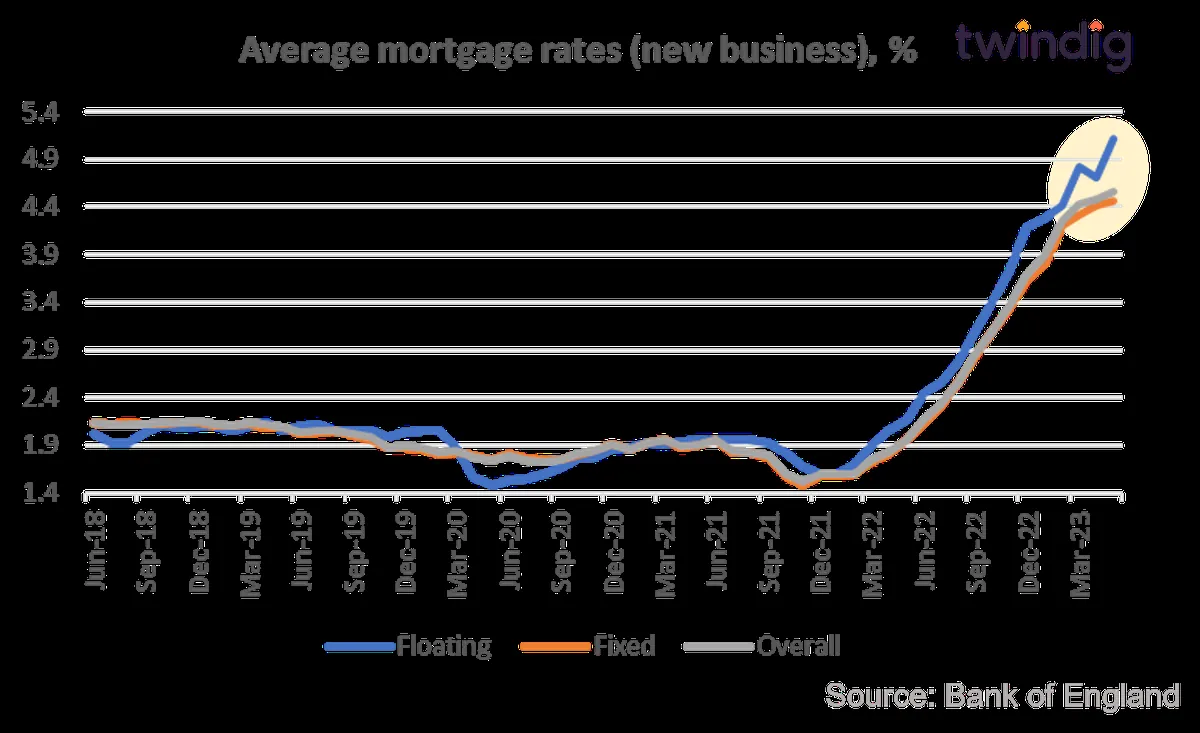New Swedish study shows unexpected link between exercise and brain health
Scientists tracked over 60‚000 people to find connection between fitness and brain disease risk. Research shows that regular exercise could be a game-changer for people with genetic risks

A ground-breaking study from the past decade shows how cardio-fitness might be a key-factor in fighting brain diseases. Research done by Karolinska Institute experts (working with scientists from China) tracked more than 60k British people: the results were eye-opening
The research team split participants into three groups based on their cardio-fitness levels. People with better fitness showed a 0.63% chance of getting dementia while those with low fitness had 1.14% chance. Whatʼs more interesting - high-fitness people who did develop the disease got it about 1‚5 years later than others; for Alzheimers specifically this delay was almost 2 years
The study methods were quite simple but effective. Scientists looked at people aged 39-70 who had to do a 6-minute bike test; they checked things like heart-rate oxygen use and body-mass index. Its worth noting that our fitness normally drops 3-6% every ten years starting from our 20s - this number jumps to 20% after we hit 70
Hereʼs what experts found about genetic risks:
- People with genetic risk but high fitness were 35% less likely to get dementia
- High-fitness group overall had 40% lower chance of diagnosis
- Better cardio meant longer exercise time with less body stress
This new research highlights how good cardiorespiratory fitness‚ a key measure of overall physical health‚ could help lower the risk of developing dementia in the future
The findings published in British Journal of Sports Medicine dont show direct link between fitness and brain health but open new ways to study prevention methods





























